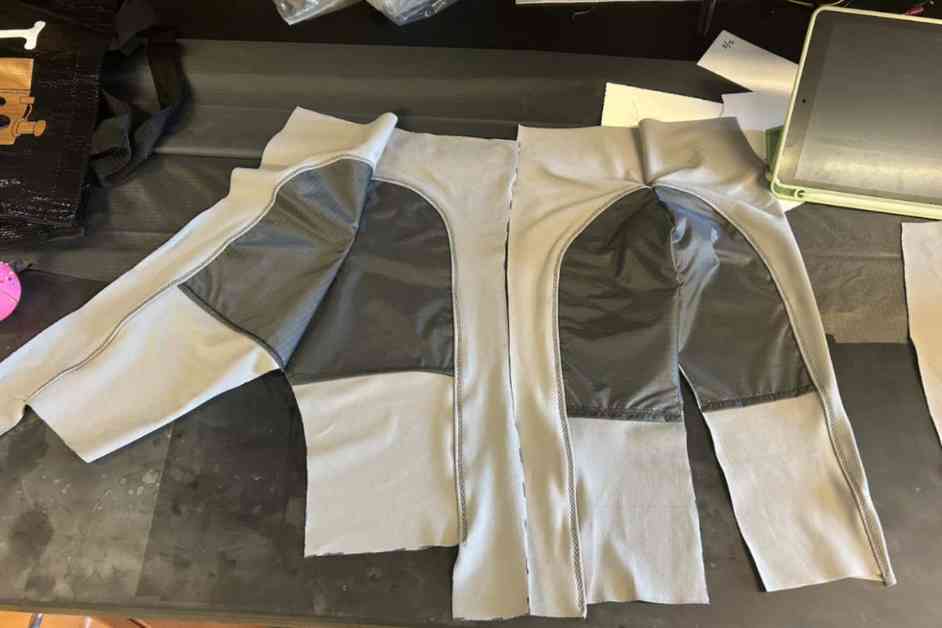A new innovation in space technology may allow astronauts to recycle their urine and drink it while on spacewalks. The current method of collecting urine in diapers and disposing of it as waste is not efficient, especially as space missions become longer and more frequent.
Researchers at Cornell University have developed a compact device that can recycle urine with 87% efficiency through a two-step osmosis filter. This purified water can then be piped into a special bag in the spacesuit for astronauts to drink. This new system not only provides a sustainable source of drinking water but also eliminates the need to dispose of valuable resources.
The current spacesuits used by NASA provide limited drinking water, which is often insufficient for long spacewalks. By incorporating this water-recycling system into new spacesuit designs, astronauts can have a more reliable supply of clean water while exploring space.
While the device is still in the prototype stage and undergoing laboratory testing, human trials are set to begin soon. If successful, this technology could be integrated into the new spacesuits planned for NASA’s upcoming Artemis missions to the moon.
As space exploration advances and becomes more accessible to a wider range of individuals, the need for innovative solutions to challenges such as waste management becomes crucial. By developing sustainable and efficient systems like this water-recycling spacesuit, scientists and engineers are paving the way for a new era of space exploration.
The implications of this technology go beyond just providing astronauts with a source of drinking water. It represents a significant step towards creating self-sustaining systems for long-duration space missions, where valuable resources are recycled and reused to support human life in the harsh environment of space.
The collaboration between academia, private companies, and government agencies like NASA highlights the importance of innovation and partnership in driving progress in space exploration. By addressing practical challenges such as water recycling in spacesuits, researchers are opening up new possibilities for humans to explore and inhabit space in the future.






